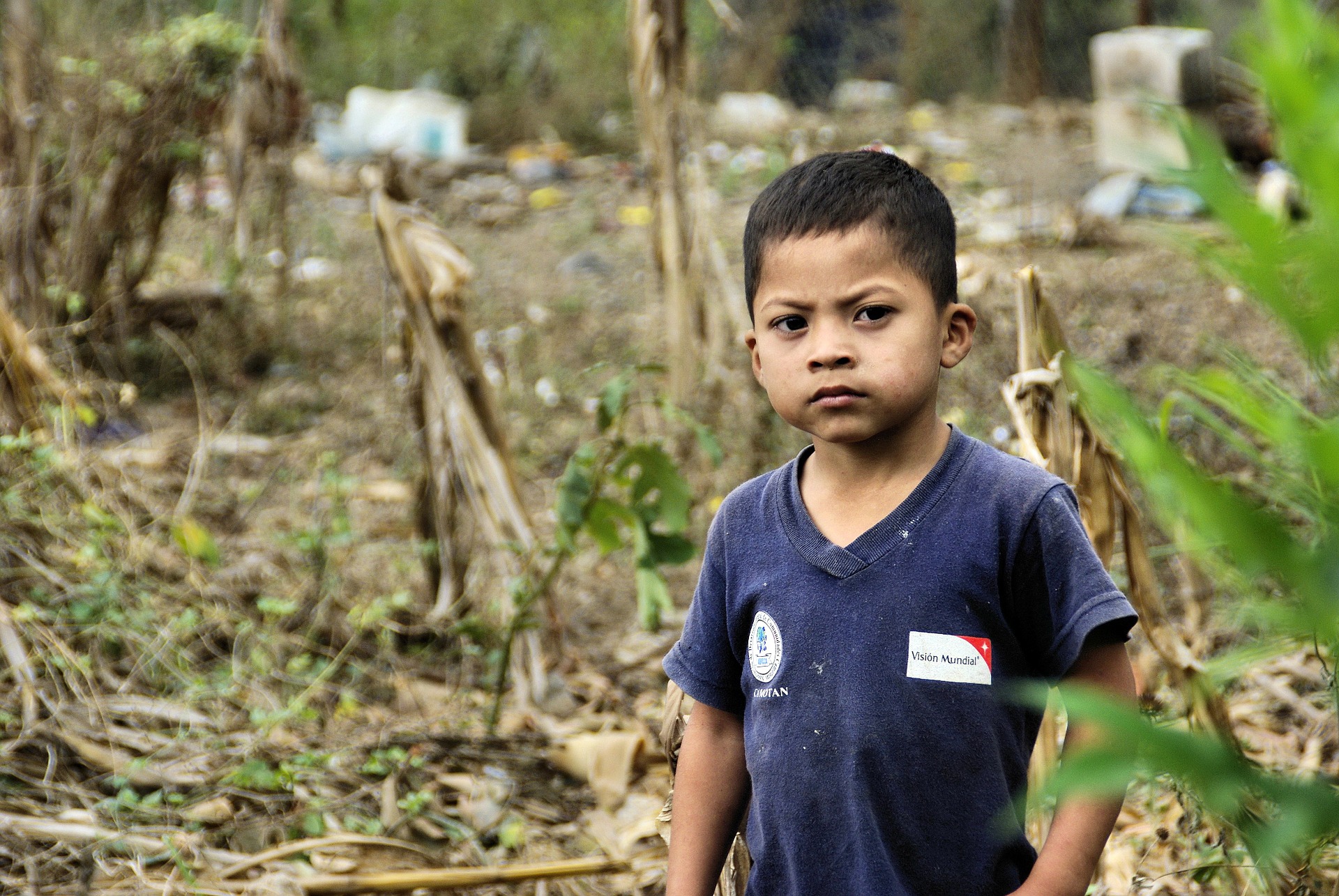Pollitt (1995)
 For years psychologists have argued that poverty has an effect on a child’s cognitive development. The problem with this argument, of course, is that there are many aspects of poverty that may be the “cause” of cognitive impairment. One of the variables that has been studied by psychologists is malnutrition.
For years psychologists have argued that poverty has an effect on a child’s cognitive development. The problem with this argument, of course, is that there are many aspects of poverty that may be the “cause” of cognitive impairment. One of the variables that has been studied by psychologists is malnutrition.
The following study may be used to discuss the role of "socioeconomic factors" on cognitive and/or social development.
Pollitt carried out a study in four extremely poor villages in central Guatemala for a period of eight years. Because it was thought that protein was the most important nutrient missing from the villagers’ diet, it was decided to give villagers a nutritional supplement. Participants were pregnant women and children under the age of 7. More than 2000 children and mothers participated between 1969 and 1977.
Participants in two of the villages received a high protein supplement called Atole. The inhabitants of the other two villages - who served as the control group - received Fresco, which contained no protein. Both supplements provided vitamins and minerals as well as calories, but Fresco only had one-third of the calories of Atole.
The findings showed a significant drop in infant mortality in both sets of villages, but with a 69% decrease in villages taking Atole and only a 24% decrease in the villages taking Fresco. Children on Fresco suffered a slower rate of growth and a slower rate of recovery from infection. They also learned to crawl and walk slightly later on average. Because these undernourished children remained small for their age, adults may have treated them as if they were younger than their actual age.
The follow-up study was carried out in 1988, eleven years after the completion of the first study. The participants who received Atole in early life performed significantly better on most tests of cognition compared to those who received Fresco. Children from the lowest socio-economic level of the village scored just as high as those in the higher SES of the village. With every additional year of schooling, the differences in achievement between those children who took Atole vs. Fresco increased. However, the children from the villages still performed less well than children from a middle-income household in a more prosperous area of Guatemala.
Checking for understanding
1. What type of study is this? Describe the design.
2. What is meant by the statement that the inhabitants of the other two villages "served as the control group?"
3. Discuss the findings of the study. To what extent can we conclude that malnutrition has an effect on cognitive development?
4. To what extent could we generalize the results of this study?
5. Discuss ethical considerations with regard to this study.

 IB Docs (2) Team
IB Docs (2) Team
